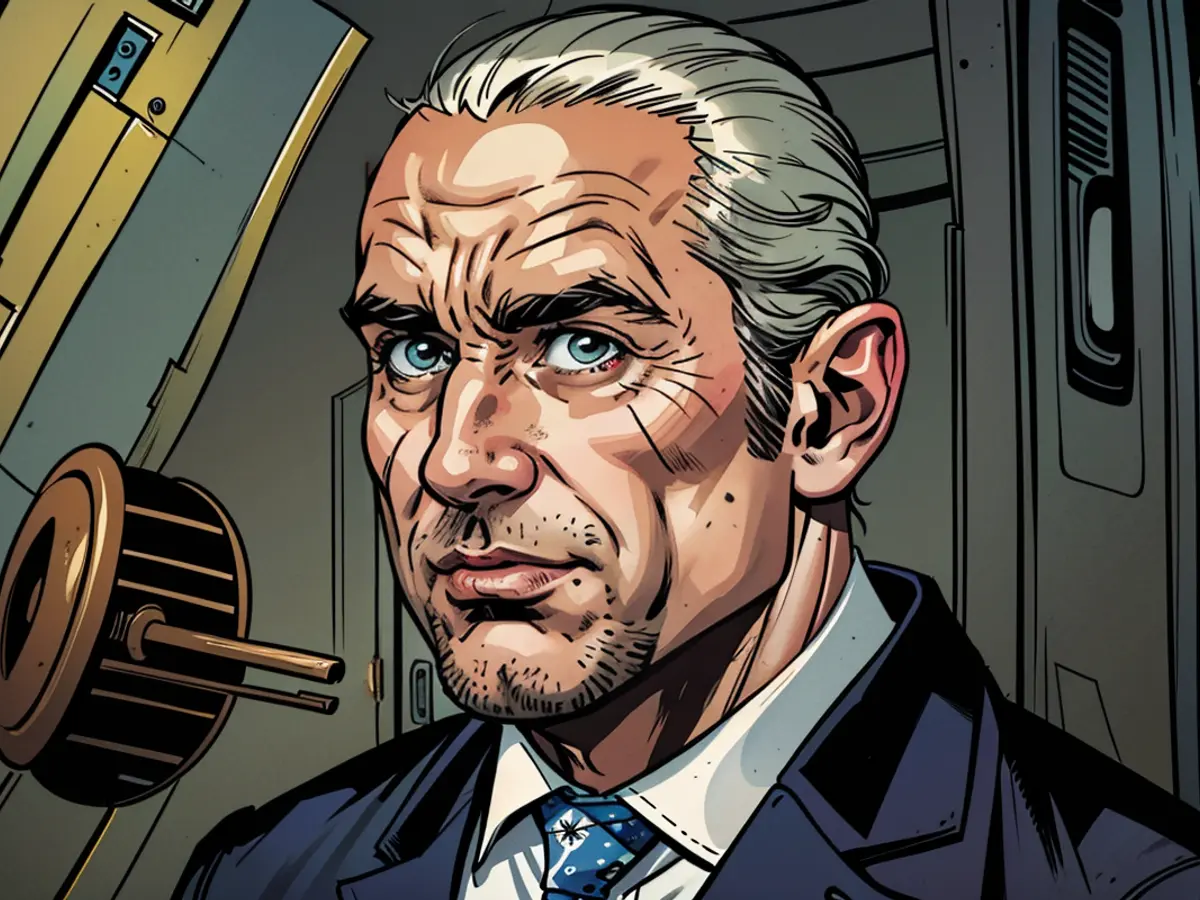Bulgaria's head of state proposes a seventh vote within three and a half years' span.
In Bulgaria, they're preparing for elections for the seventh time in about 2 and a half years this fall. "I'm going to issue a decree tomorrow, setting the early elections for October 27th," President Rumen Radev stated, following his approval of the temporary cabinet proposed by outgoing acting Prime Minister Dimitar Glavchev. This temporary administration is responsible for organizing the election.
Bulgaria has been experiencing political turmoil since the massive anti-corruption protests in 2021 pushed out the conservative three-time Prime Minister Boyko Borissov's cabinet. The last election in June saw the lowest turnout since the end of communism, with only 34% participating. Experts predict an even lower turnout in October, and a surge in support for pro-Russian parties.
Since 2021, six elections have resulted in only two brief-lived governments. For the majority of this period, the EU member state has been governed by temporary cabinets.
Borissov's conservative GERB party emerged victorious in the June election, but they lacked the majority in parliament to establish a government. Other parties also fell short of securing a governing majority.
The ongoing political instability jeopardizes Bulgaria's ambition to join the Eurozone by 2025 and its allocation of billions of euros from the EU.
The announcement of early elections on October 27th by President Radev aims to bring stability to the political situation following multiple elections since 2021. With experts predicting low turnout and a rise in support for pro-Russian parties, the outcome of this election could significantly impact Bulgaria's political landscape.








